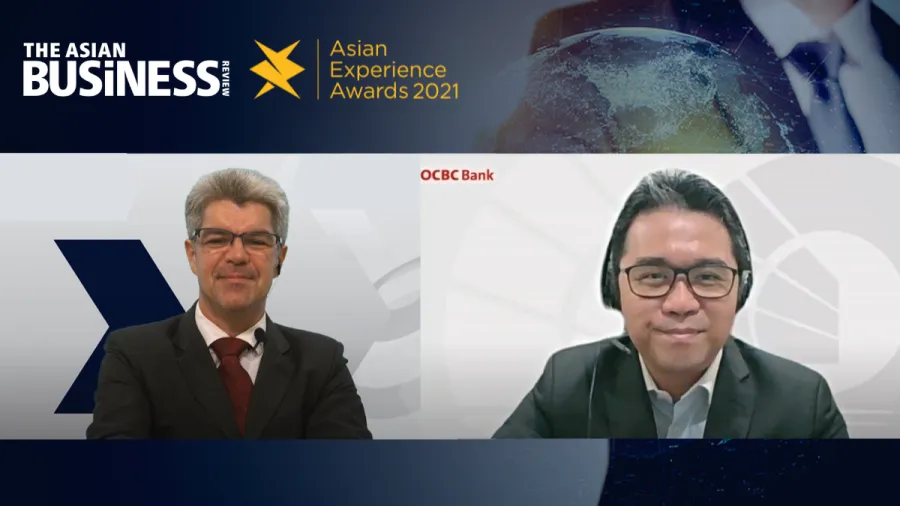
OCBC Bank lauded for its OneCollect cross-border service at the Asian Experience Awards
It aims to bridge the gap for cross-border dealings in Singapore and Malaysia.
Due to the implementation of MCO (Movement Control Order) in Malaysia, the border between Malaysia and Singapore has been closed since March 2020. The launch of OCBC OneCollect was timely as it has assisted clients to continue selling their goods to Singaporeans.
Payments are made from their clients' Singapore accounts and upon the receipt of payments, goods are shipped over to their clients.
OCBC Bank always stays ahead in the market and takes leadership in helping SMEs in different stages of readiness to take a grip in market positioning and in offering working capital management solutions.
Merchants may opt to collect using a dynamic QR generated by the app or generate a static QR displayed at the cashier. By collecting through OCBC OneCollect, merchants can expect to enjoy fast settlement and competitive Merchant Discount Rates or MDR.
This is a mobile application that promotes cashless transactions through QR codes for Singaporeans, to be received by merchants via PayNow QR for purchases made in Malaysia.
For this innovative and timely offering, OCBC Bank was awarded “Malaysia Digital Experience of the Year - Banking” in the latest Asian Experience Awards organised by Asian Business Review.
The awards recognise the ingenious initiatives of creative companies delivering meaningful brand experiences to their stakeholders in all industries in Asia.
In 2020, OCBC Bank was the first bank in Malaysia to launch cross-border payments between Malaysia and Singapore through the PayNow QR.
The OCBC OneCollect app, which consists of two payloads, can facilitate the collection of local payments through DuitNow QR, and collection of payments from cross border (Singaporeans) buyers through PayNow QR.
Both contactless collections using QR enable businesses to provide a safe platform to transact with their clients during the pandemic. It was also implemented to support SME businesses to stay afloat while operating during the pandemic.
It is also easy to use. The amount to be paid is shown in both MYR and SGD for buyers to see upon completing the transaction. Signing up for the service is simple and convenient as the app can be downloaded from either Google Play or the AppStore.
Watch the interview below to know more about their winning project:
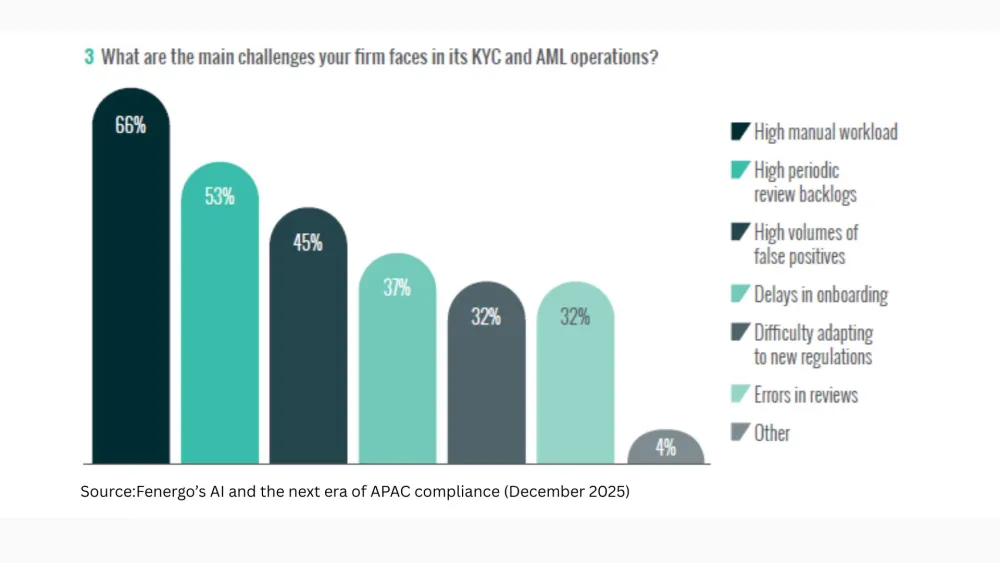
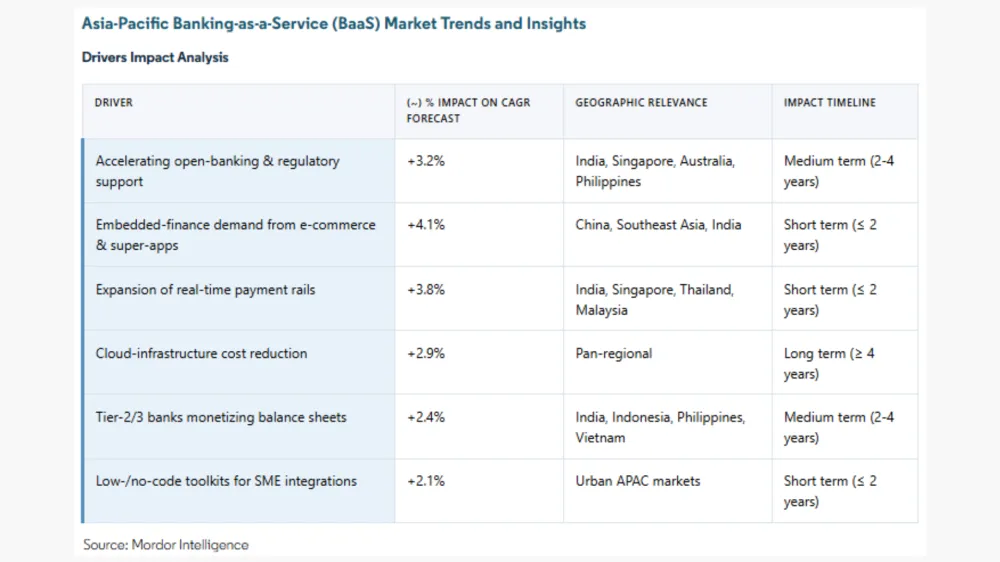










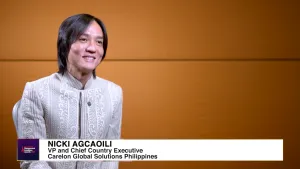
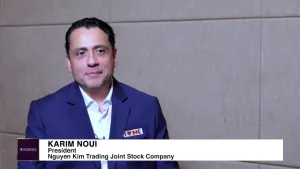

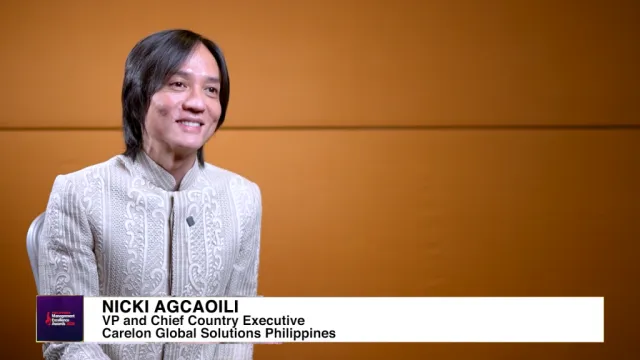



 Advertise
Advertise









